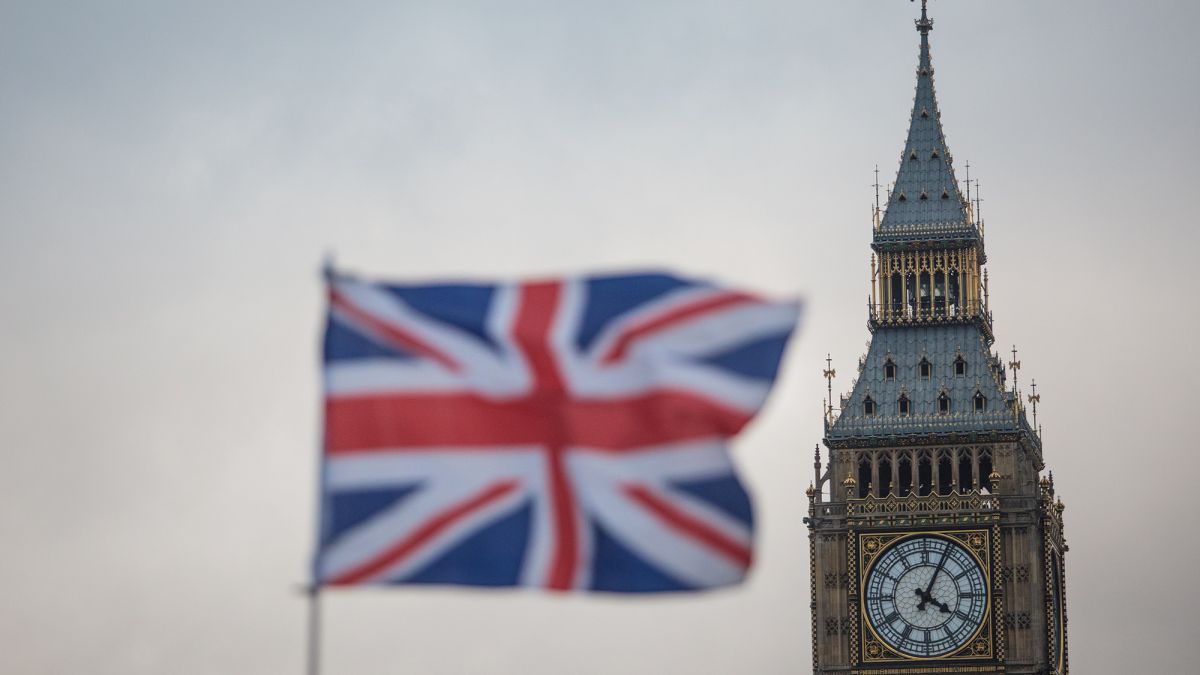Refusal of contingent does not mean stopping aid: officer on the hidden meaning of Britain’s mission
15 August 16:44
London has changed its approach to the possible expansion of its military presence in Ukraine. Instead of sending a 30,000-strong contingent, Britain is offering a “more realistic mission”: air security guarantees over the western part of Ukraine, training support for the Ukrainian military, and demining of the Black Sea.
The Times writes about this. Can “air guarantees” deter the aggressor? Why can the contingent of foreign military be replaced by financing mercenary units?
Read more in the article
Wider and less obvious processes may lie behind such public decisions, says in an exclusive commentary
“More realistic missions, if they are already in the official segment, may still be broader than stated. It often happens like this: first, a real action takes place, and only then does the news appear in the information field that we will give you something. Examples include American tranches or the possible appearance of Israeli weapons. First, something appears in Ukraine, and then it is announced.”
Tykhyi suggests that the “air guarantees” may hide additional elements of cooperation:
“Patrols can be carried out, and in parallel, exercises, intelligence operations and other activities will be conducted. The British intelligence alone is worth a lot”.
Thus, the officially announced format of support can only be the “tip of the iceberg,” and the actual scope of cooperation is much broader and more flexible.
Should we believe in such promises and what guarantees can really deter the aggressor?
Taras Zahorodnyi, Managing Partner of the National Anti-Crisis Group, said in a commentary for our publication:
“We do not need contingents. We need specific soldiers who are ready to stand shoulder to shoulder with Ukrainians and defend the EU’s eastern borders. If countries don’t want to send their military, let them pass laws like the French one on the Foreign Legion and fund units from citizens of other countries. This is a matter of money only.”
According to him, to attract 100,000 soldiers to Ukraine, the European Union would need 3.6-4 billion euros a year, which is a “pittance” by European standards.
Zahorodnyi emphasizes that the key to Ukraine’s security is financing our defense industry, the arrival of Western investment in arms production, and the greater presence of private companies instead of inefficient state monopolies.
The expert is skeptical about the British air defense guarantees:
“If they don’t shoot down drones that can reach western Ukraine, it’s a deal or no deal. Ukraine should always wage war on the enemy’s territory, with the hands of special services, so that every Russian official knows that they will be visited.”
Thus, Britain’s possible abandonment of the idea of deploying 30,000 troops does not necessarily mean a decrease in support for Ukraine. Instead of direct troop involvement, London may rely on more flexible and covert forms of assistance, from air patrols and training programs to intelligence operations and demining.









